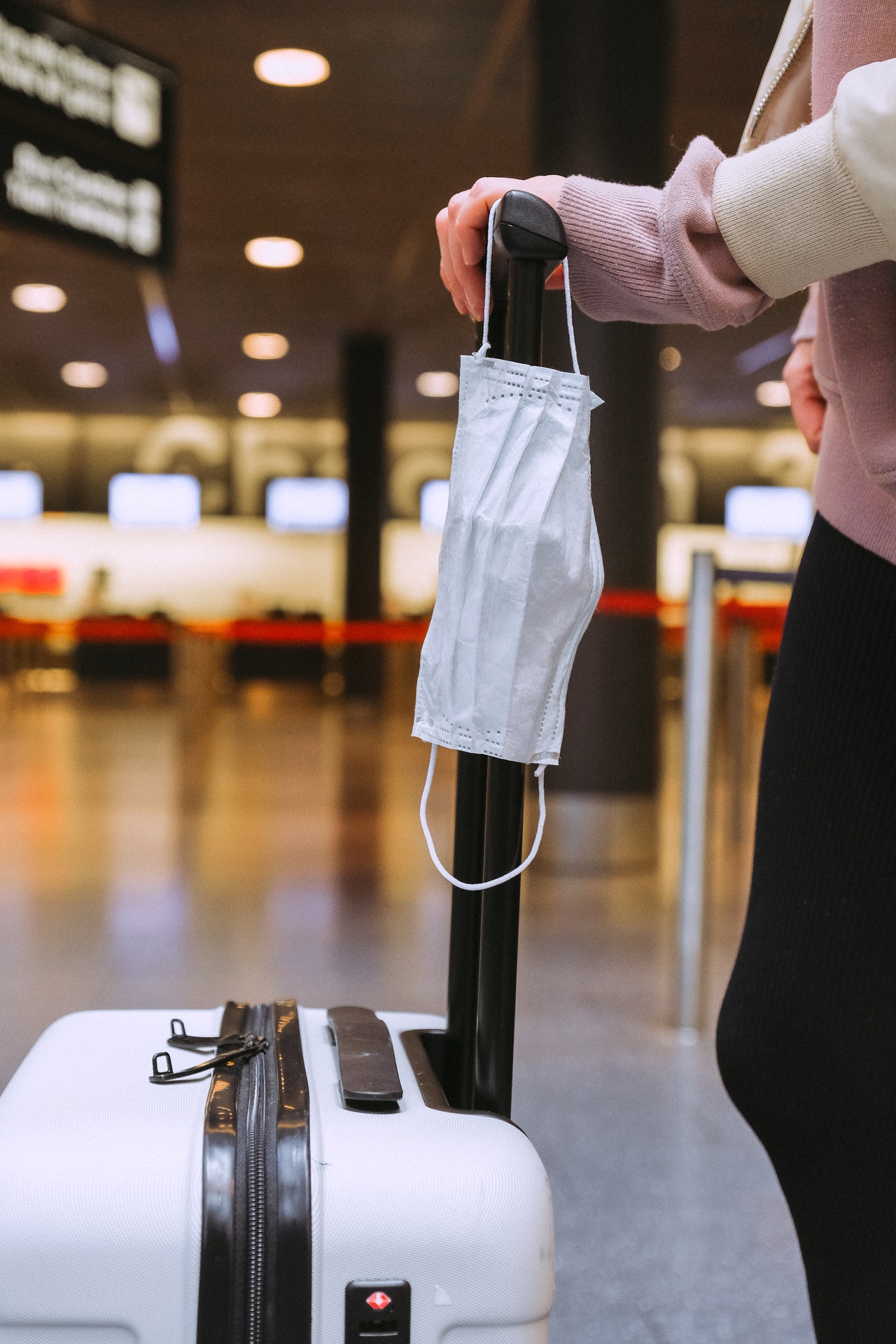Headline
PBBM to make use of face masks indoors voluntary

This developed after Marcos presided over a Cabinet meeting at Malacañan Palace in Manila on Tuesday morning. (Pexels photo)
MANILA – President Ferdinand R. Marcos will make the use of face masks in indoor settings voluntary “with few exceptions”, Tourism Secretary Christina Frasco announced Tuesday.
This developed after Marcos presided over a Cabinet meeting at Malacañan Palace in Manila on Tuesday morning.
During the Cabinet meeting, Marcos approved the recommendation of the Inter-Agency Task Force for the Management of Emerging Infectious Diseases (IATF-EID) to issue an executive order (EO) allowing the voluntary wearing of face masks in indoor places, Frasco said in a Palace press briefing.
“As a result of the Cabinet meeting this morning, it was agreed that the President will be issuing an executive order, per the IATF recommendation, to make indoor mask wearing also voluntary all over the Philippines, with few exceptions,” she said.
Frasco said the use of face masks will still be required in public transportation, medical transportation and medical facilities.
Unvaccinated individuals, people with comorbidities, and senior citizens are still “highly encouraged” to wear face masks, Frasco said.
“But generally, the direction of the Marcos administration is to lift the remainder of travel restrictions into the Philippines, and that includes easing of our mask mandates to allow our country to be at par with our Asean neighbors [which] have long liberalized the mask mandates,” she said.
In September, Marcos signed EO 3, allowing the voluntary wearing of face masks in outdoor settings, particularly in open spaces and non-crowded areas with good ventilation.
EO 3, however, still requires the use of face masks, in indoor, private or public establishments, including in public transportation by land, air or sea and in outdoor settings where physical distancing cannot be maintained.
Frasco did not mention when Marcos will sign the new EO allowing the voluntary use of face masks in indoor settings.
RT-PCR test no longer needed
Meanwhile, Frasco said travelers no longer need to undergo a reverse transcription-polymerase chain reaction (RT-PCR) test as a pre-departure requirement.
“It was also discussed that the remainder of stringent protocols, such as the pre-departure testing into the Philippines in the form of an RT-PCR would also be removed,” she said.
“In addition to this, as far as unvaccinated foreigners are concerned, they would henceforth be allowed entry to the Philippines, with only a requirement of presenting an antigen test 24 hours taken before departure or an option of taking an antigen test upon arrival into the Philippines,” Frasco added.
‘Special lanes’ to get eArrival card
Marcos and his Cabinet, Frasco said, also agreed to give travelers an option to get their eArrival card upon their arrival in the country.
Frasco said those who do not have an eArrival card would be given “special lanes” when they arrive in the country.
“As agreed during the meeting, it was clarified that the filling out of the eArrival card would not be made mandatory as a prerequisite to boarding. In other words, you can fill out the eArrival card at your own convenience prior to the departure or upon the arrival,” she said.
“The overarching direction of the Maros administration is to allow our country to convey an openness and readiness to the world to receive tourists and investments so that we would give our fellow Filipinos an opportunity to regain all the livelihood and losses that were incurred during the pandemic,” she added.



























